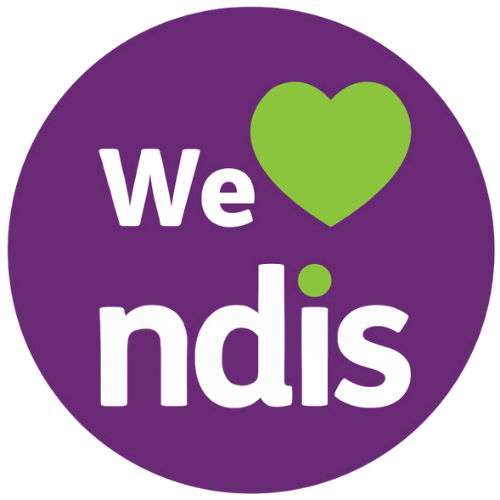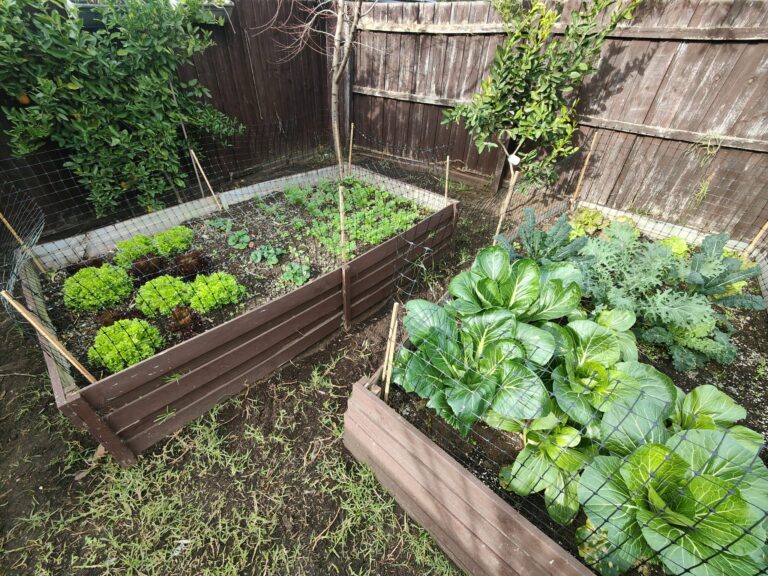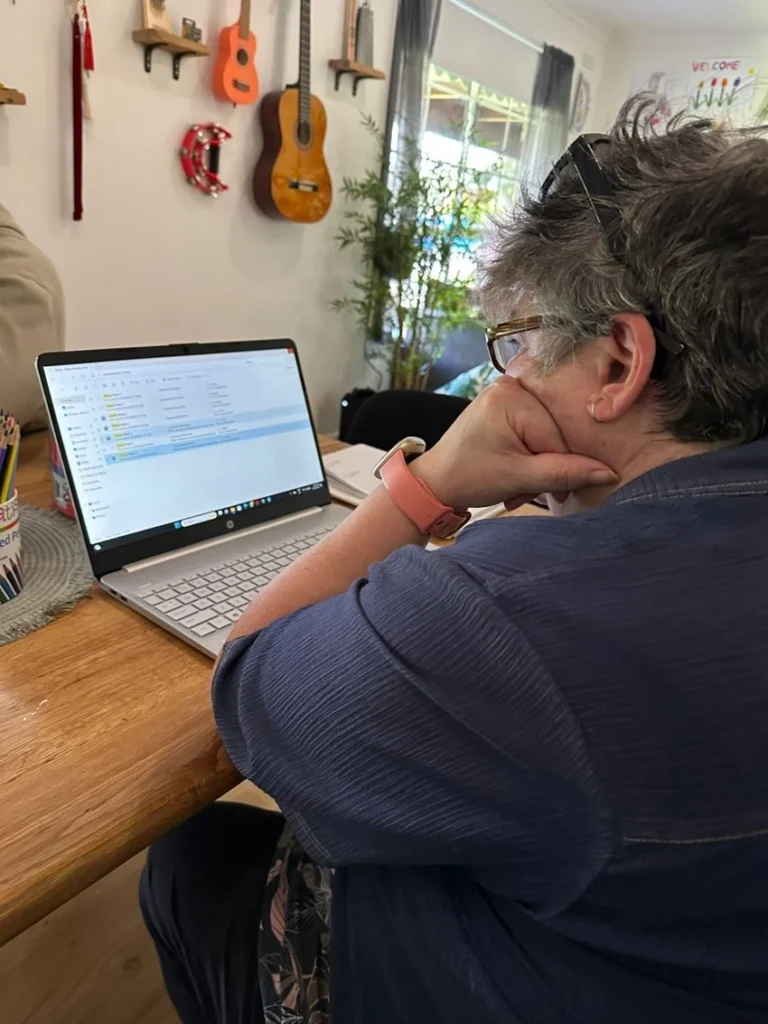Fresh produce and chickens hold tremendous potential for improving the well-being of disabled individuals. By incorporating nutrient-rich fruits and vegetables into their diet, disabled individuals, including those in the autism spectrum, can enhance their physical and mental health. Moreover, caring for chickens can offer a range of benefits, such as physical therapy, emotional support, and a sense of purpose. In this blog post, we will explore the profound impactof fresh produce and chickens on the well-being of disabled individuals, highlighting their significance in NDIS programs and day services.
The Benefits of Fresh Produce
For disabled individuals, fresh produce plays a crucial role in supporting overall health and well-being. These vibrant fruits and vegetables are packed with essential nutrients, promoting optimal bodily functions and offering protection against chronic diseases. By incorporating fresh produce into their diet, disabled individuals can reap numerous benefits:
1. Enhanced Physical Health:
Fresh produce provides a wide array of vitamins, minerals, and fiber that support digestion, boost energy levels, and strengthen the immune system. This can help manage and prevent various health conditions, including heart disease, diabetes, and certain types of cancer.
2. Improved Mental Health:
Studies have shown a positive correlation between a diet rich in fruits and vegetables and improved mental wellbeing. The nutrients in fresh produce can contribute to the production of neurotransmitters, such as serotonin, which plays a vital role in regulating mood. By consuming fresh produce, individuals with disabilities can potentially reduce symptoms of depression and anxiety.
Accessing Fresh Produce for Disabled Individuals
While incorporating fresh produce into one’s diet is essential, disabled individuals often face unique challenges in accessing and preparing these nutritious options. Fortunately, NDIS programs and community initiatives are stepping up to bridge this gap. Many programs provide affordable fresh produce to low-income families, seniors, and disabled individuals. Additionally, some initiatives offer convenient home delivery services, ensuring that disabled individuals can easily access a variety of fruits and vegetables.
The Benefits of Caring for Chickens
Beyond fresh produce, chickens can have a profound impact on the well-being of disabled individuals. Caring for chickens offers a therapeutic and rewarding experience that positively affects physical, emotional, and social aspects:

1. Physical Therapy:
For individuals with disabilities who may find traditional physical activities challenging, caring for chickens can provide a low-impact alternative. This activity enhances coordination, balance, and strength, promoting physical well-being.
2. Emotional Support:
Chickens are social animals, and their companionship can be immensely beneficial to disabled individuals. The act of caring for chickens fosters emotional connections, reduces stress and anxiety, and provides a sense of purpose and fulfillment.
3. Sense of Responsibility and Independence:
By caring for chickens, disabled individuals
develop a sense of responsibility, boosting their self-confidence and providing opportunities for personal growth. It enables them to experience a sense of independence and achievement.
The remarkable benefits of fresh produce and chickens extend far beyond their individual merits. For disabled individuals, including those in NDIS programs and day services, incorporating these elements into their lives can significantly enhance their well-being. Fresh produce provides essential nutrients, supporting physical and mental health, while caring for chickens offers therapeutic benefits, emotional support, and a sense of purpose. By leveraging the power of fresh produce and chickens, disabled individuals can embrace a healthier and more fulfilling lifestyle, promoting their overall well-being.





